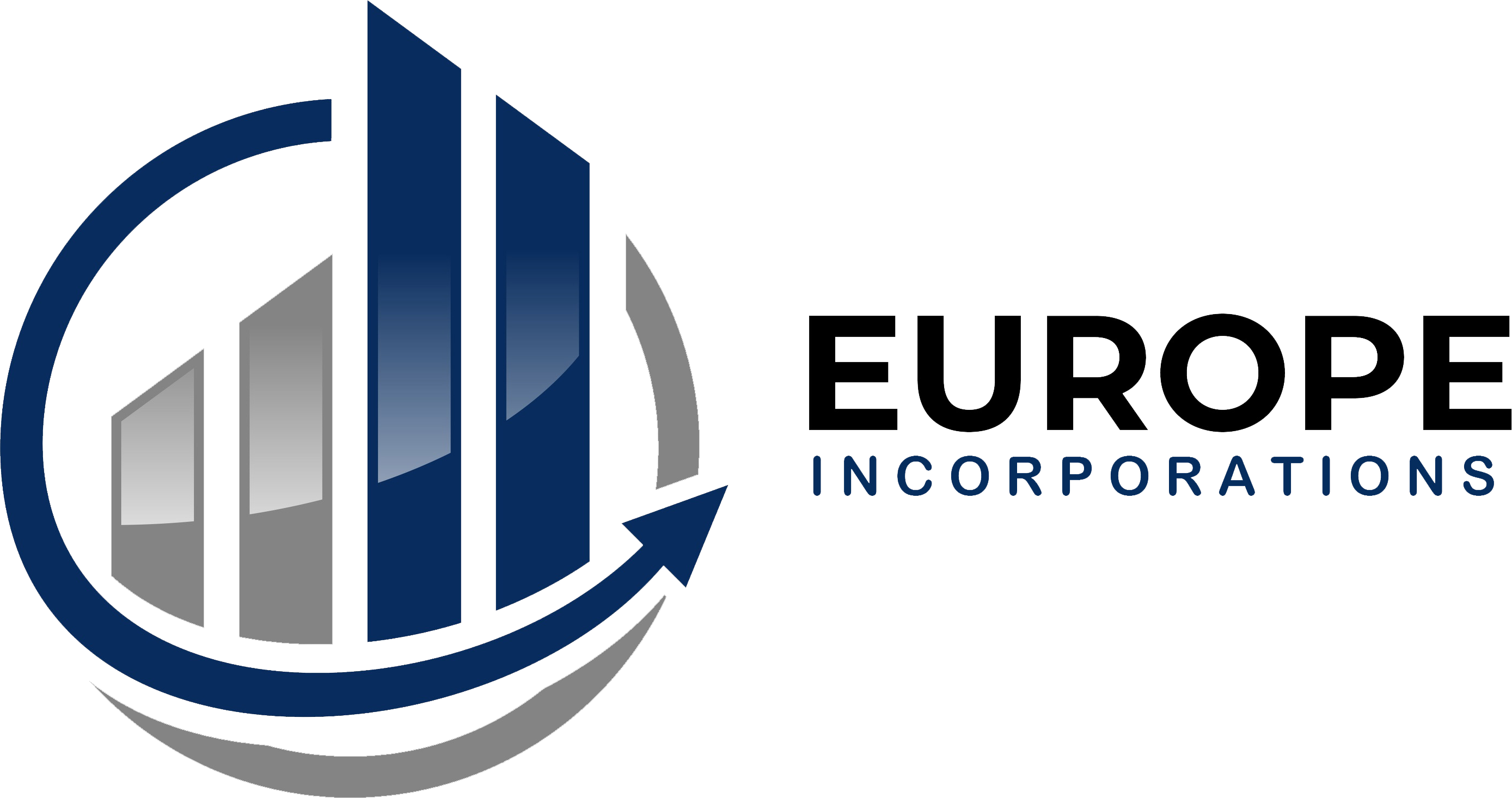The social and fiscal regimes of the different legal forms of company formation in France are the most challenging for our clients to understand. This is because even the French cannot understand them.
Point of Departure – Choose the Right LLC Structure
Your company’s social charges “contributions” in France depend, first and foremost, on the type of LLC you incorporate. This determines the status of owners, partners, managers, presidents, directors, and CEOs who depend on the French social security system for coverage.
Their status defines the social security regimes (more than one) they attach to. This determines their costs and benefits.
So while as a foreign founder/owner not dependent on the French social security system, your local managers may be significant drivers of costs. As with any payroll charges in any country, they pay their contributions to the social security system while the company pays its share.
While there are many ways to reduce employee costs through payroll contributions, the focus here is on the real driver of social cost differences in France – the type of LLC you choose to incorporate.
SARL vs. SAS
The two primary LLC structure in France is the SARL and the SAS. A SARL is a limited liability company with characteristics of a partnership. A SAS is a limited liability joint stock commercial company with characteristics of the SA – France’s equivalent of the US’s “Inc.” or the UK’s “PLC.”
Shareholders in SARLs (up to 100) are “partners,” while shareholders in the SAS (no limit) are “members.” Both LLC types have their equivalent single-owner forms. The single-owner SARL is the EURL, a “sole proprietorship,” and the single-person SAS is the SASU – a “single-member” company.
The single-owner entities, EURL and SASU, follow the same social system characteristics of the SARL and SAS, respectively, but are modified for a single owner/founder.
The social status, attached social regimes, costs, and benefits of the SARL and the SAS are entirely different, with few overlaps.

SAS Owner-Managers (Presidents)
French corporate structure considers SAS owner-managers/presidents as “assimilated employees” and entitled to similar benefits as regular employees. This differs from the SARL’s “majority manager-owners,” whom the state considers “non-salaried workers TNS. They are attached to a different social security regime.
SAS owners/presidents can pay themselves in two parts to reduce social charges while enjoying adequate protection. They can take a minimum salary to satisfy their social security mandates or pay themselves dividends, which get taxed at lower rates.
As long as they contribute, they are protected and will receive benefits.
SAS owners/presidents cannot claim unemployment benefits except where they perform functions distinct from their corporate requirements and pay themselves for this under a separate employment contract.
This will extend their benefits and the French Labor Code’s protections (geared to regular employees). Again, this subordination link between the SAS and its salaried president must be clear (separate employment contract).
SARL Owner-Managers (Partners)
SARL managers have two options for social security coverage:
- Majority manager-partners (majority shareholders), considered non-salaried workers, TNS, and attached to a different social security regime – the SSI. These costs are less than the general social security system but provide fewer benefits.
- SARL Majority manager-partners can also subscribe to complementary insurance. Note, however, that, unlike a SAS, the majority manager or equal manager-partner (max 50% shareholder) can’t be the SARL’s employee under an employment contract.
- The situation is different for the SARL’s minority shareholding manager-partners. They benefit from the general social security system if they receive a salary.
Note! The drawbacks of the minority manager of a SARL include the risk of easy dismissal and reduced dividend claims. So, in theory, one way for SARL majority partners to benefit from a better social security regime is to reduce their shareholding in the company.
In practice, who but an elderly partner or one in poor health would do that?
Don’t hesitate to contact one of our experts at Europe Incorporations, who will advise and clarify the social regimes and their implications for managers. This will aid in creating your company and doing business in France.



